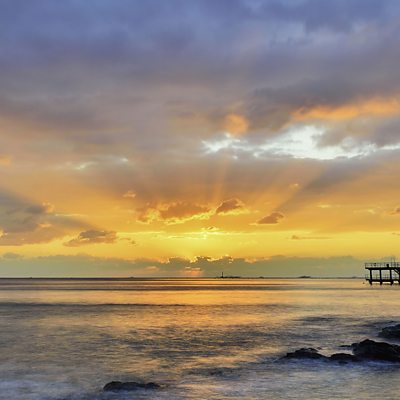Episode details

Available for over a year
Good morning. Today is the morning after the start of Ramadan, the Muslim month of fasting. Earlier in the week my attention was caught by a ÃÛÑ¿´«Ã½ website offering health advice on how to eat, sleep and exercise while abstaining from food and drink through the hours of daylight. The fast is particularly challenging this year as the sacred month falls when days are getting longer and the weather warmer. It’s now obvious that Ramadan is mainstream and impacts on all of us – it is a profound act of witness by a sizeable British community. It shows what it might be like to belong to a community united by sacred law. It reminds me that fasts and feasts were once part of everyday Christian life. They measured time and strengthened the bonds between people who might otherwise have little in common. In the years just before the Second World War the poet TS Eliot took up this theme in a verse pageant called The Rock where he wrote, ‘What life do you have if you have not life together? There is no life that is not in community, and no community not lived in praise of God’. Ramadan challenges my faith in a number of ways. First because fasting involves a discipline of the body, challenging my right to make my own choices about what I eat and drink and when. Ramadan binds Muslims into the community of the faithful in a very intimate way. Of course there are Christians who fast regularly and many do in Lent, but it is usually a private matter while the whole point about Ramadan is doing it together and supporting one another. During the evenings of Ramadan mosques will be open for prayer and rest after the long day. And this reminds me that Muslim prayer involves a rhythm of movement: of standing and prostration. In church I’ve noticed few people these days kneel to pray even when kneelers are available. Instead we sit more or less as we would in any public meeting. Of course you can pray in any position, but the point of kneeling or prostrating yourself is to bring you nearer the ground, and to induce a sense of humility before God. I find this powerful. I know of Church of England clergy living in areas with many Muslims who take part in the fast and join in the prayers as an act of solidarity. And in Egypt where Christians are a minority, it is normal for them to prostrate themselves in prayer and take on long periods of fasting before major Christian feasts. So perhaps Ramadan invites Christians and other faith communities to take their ancient disciplines seriously and challenges our preference for our lives to be ruled by private whims and choices. I am not convinced that our individualism always strengthens us or makes us happier. We all need community, even though we don’t always know quite how to find it.
Programme Website